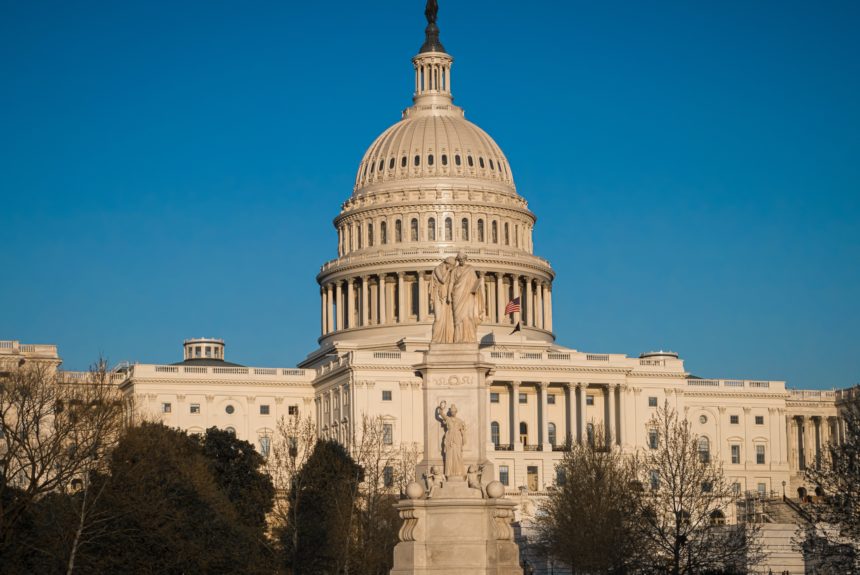At their retreat last week in Philadelphia House Democrats called on Americans to make shared sacrifices to protect democracy. Congress itself, however, got a waiver. Pork barrel politics is back.
I helped my former boss, the late Sen. Tom Coburn (R-OK), enact an earmark ban in 2011. We argued earmarks were a “gateway drug” not just to overspending but to “earmarxism”— the creeping normalization of top-down, command-and-control authoritarianism in American politics. Earmarks are an unserious, and ineffective, response to serious challenges. That’s especially true when it comes to climate change.
As I argue in The Dispatch:
How long will it be before members who care about an issue like climate change, for instance, realize that empowering Massachusetts Sen. Elizabeth Warren over the faculty at the Massachusetts Institute of Technology isn’t a great strategy? Do we really want Sen. Sheldon Whitehouse (D-Rhode Island) to tell us how to achieve nuclear fusion? With the power to earmark members become little oligarchs but without the business acumen. They pick losers and punish winners. Earmarks become expensive toys that are hard to take away.
Sen. Dick Durbin’s attempt to become a clean energy venture capitalist is one cautionary tale. For years, Durbin championed the biggest earmark in American history, called “FutureGen,” for a cleaner coal plant utilizing carbon capture technology in his home state of Illinois. Yet, the Clean Air Task Force called the troubled $1 billion project, “YesterGen.” The Bush and Obama administrations each had to kill the project Durbin couldn’t let die.
Carbon capture is an incredibly exciting and promising technology but Congress’ ability to make it happen through earmarks is not.
Congress debated earmarks extensively more than a decade ago. It was clear then, and it’s clear now, that top-down, command and control earmarxism doesn’t work:
Merit-based spending is vastly better for society than member-based spending. The Bush administration’s Department of Transportation found that earmarks divert funds from higher priority projects (i.e. preventing bridge collapses) while a 2009 Harvard study found that congressional districts that receive a disproportionate share of earmarks suffer economically.
Leading conservationist and Sen. Mike Braun (R-IN) offered an amendment to strip the earmarks from the omnibus. He received more than twice as many votes (35) than Coburn received when he attempted to kill the Bridge to Nowhere in 2005 (15). It will take time but Braun, like Coburn, will show that you can lose a battle but win the war.
The views and opinions expressed are those of the author’s and do not necessarily reflect the official policy or position of C3.
